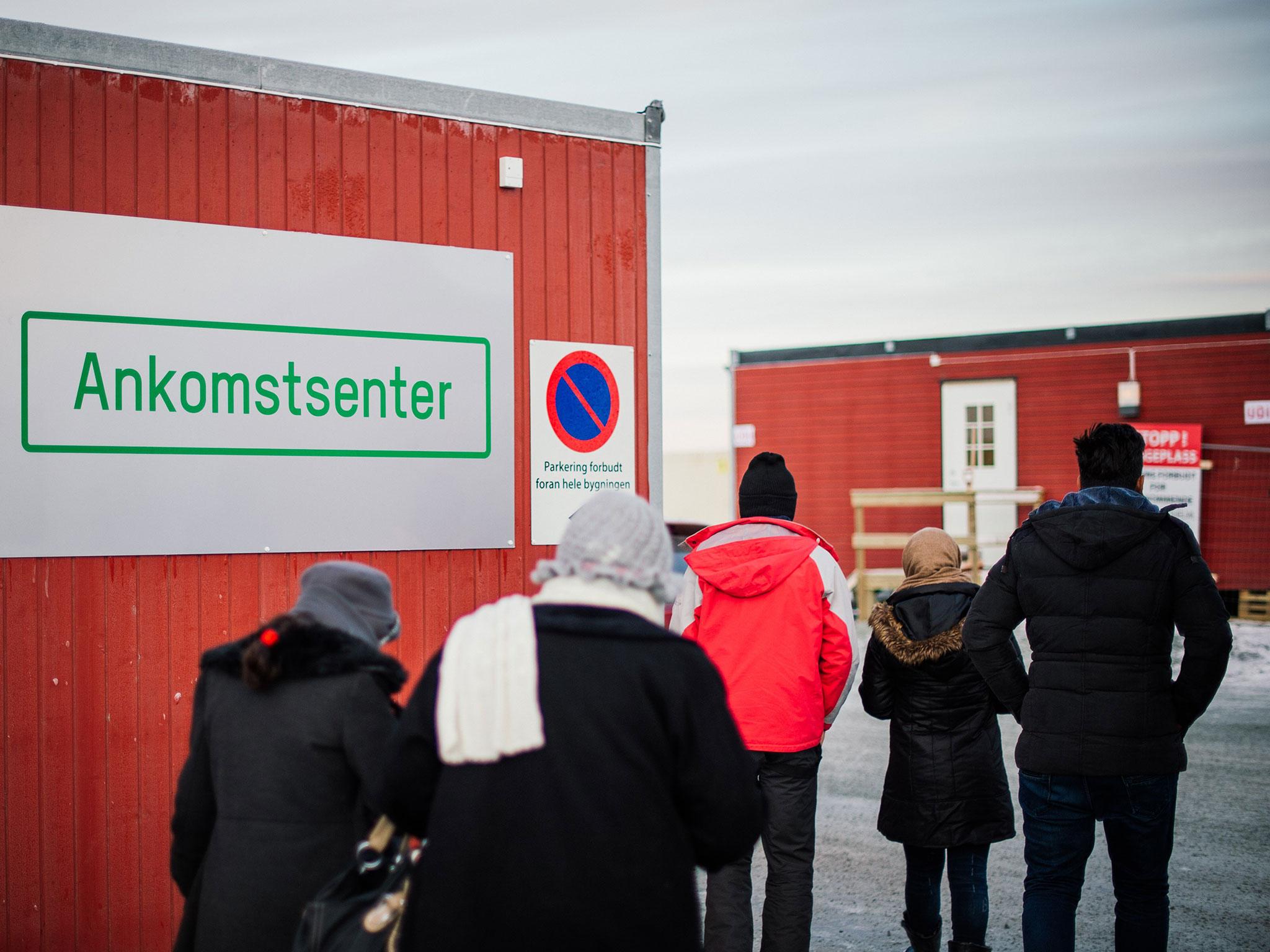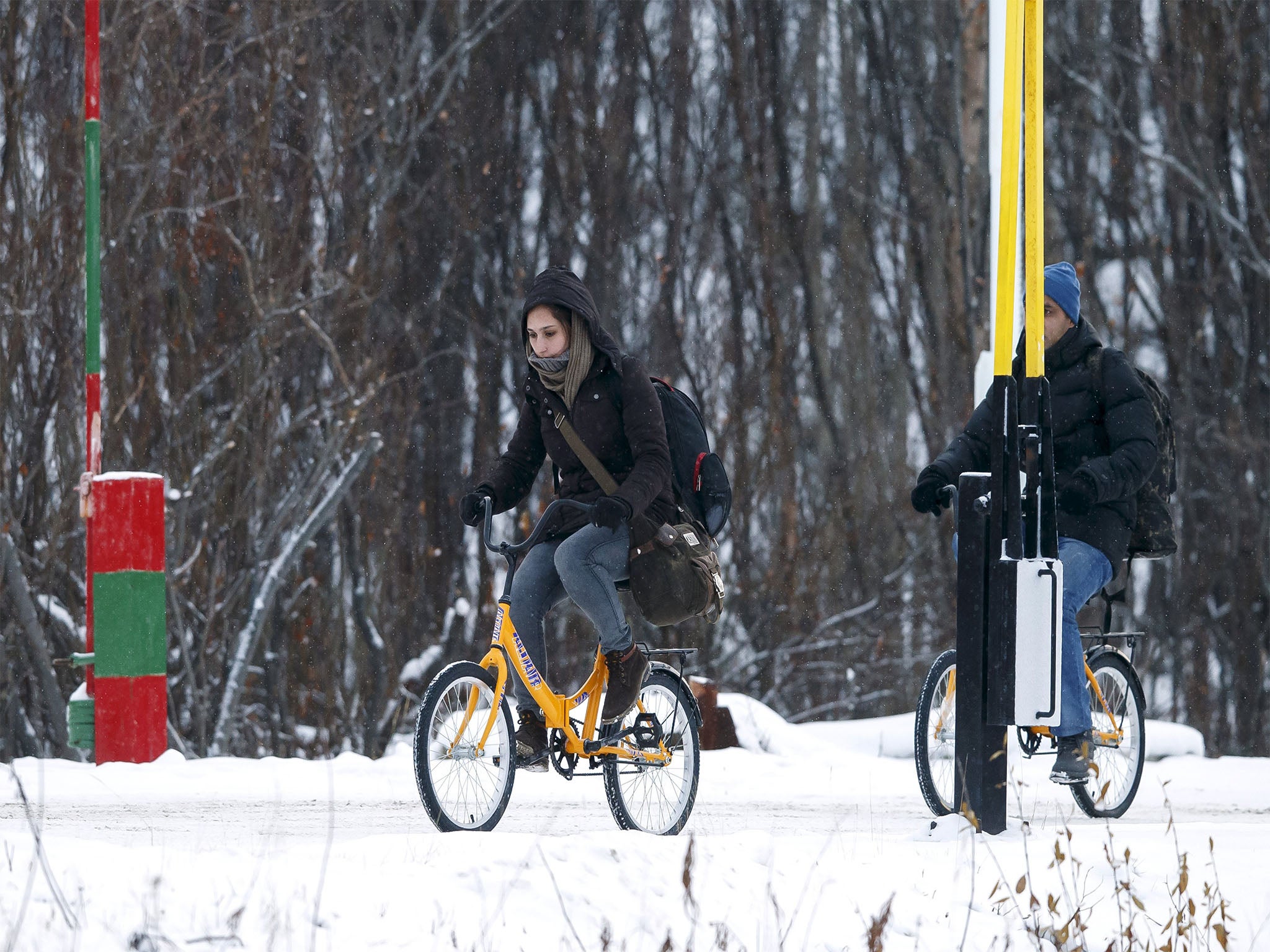Refugee crisis: Number of asylum seekers arriving in Norway drops by 95%
The government hailed the success of controversial new policies aimed at discouraging refugees

Your support helps us to tell the story
From reproductive rights to climate change to Big Tech, The Independent is on the ground when the story is developing. Whether it's investigating the financials of Elon Musk's pro-Trump PAC or producing our latest documentary, 'The A Word', which shines a light on the American women fighting for reproductive rights, we know how important it is to parse out the facts from the messaging.
At such a critical moment in US history, we need reporters on the ground. Your donation allows us to keep sending journalists to speak to both sides of the story.
The Independent is trusted by Americans across the entire political spectrum. And unlike many other quality news outlets, we choose not to lock Americans out of our reporting and analysis with paywalls. We believe quality journalism should be available to everyone, paid for by those who can afford it.
Your support makes all the difference.The number of asylum seekers arriving in Norway has plummeted by 95 per cent since the start of this year as the country continues strict border checks and financial incentives for migrants to leave voluntarily.
Figures from the country’s Directorate of Immigration (UDI) showed that almost 23,000 people applied for refugee status in the country in the final four months of last year – a national record.
But the number fell to under 1,200 in the first third of 2016, with applicants mainly from Syria, Afghanistan, Iraq, Eritrea and Somalia.
“This is the lowest number of asylum seekers coming to Norway since the first four months of 1997, when 499 asylum seekers came,” a spokesperson for the UDI said, according to a translation by The Local.
“(The reduction) is clearly related to border and ID checks in Norway, Sweden and Denmark and elsewhere in Europe.“
With the trend expected to continue, the agency has reduced the predicted number of asylum applications this year to 25,000 from 33,000.
Human rights organisations and opposition politicians criticised a new asylum and immigration bill presented in April, which allows officials to refuse entry to anyone who did not come directly from conflict zones by passing through other nations on their journey through Europe.
Of around 5,500 refugees who passed over the Storskog border crossing between Norway and Russia last year, almost 1,000 had their asylum cases dismissed on the grounds that they arrived from a “safe third country”. Only 1,500 were granted asylum and 1,800 are awaiting a decision.
Human Rights Watch warned of a “lack of assurance” from Russian authorities that those sent back would be given a fair hearing.
“Norway should not return asylum seekers to Russia without examining their claims individually,” Tanya Lokshina said.
“Both Russia and Norway need to step up their asylum procedures to ensure that people seeking protection from persecution and harm are offered a meaningful opportunity to get that protection.
“Otherwise both countries will be directly violating their obligations under international law.”
But Norway’s right-wing coalition government has been bullish about its new policies, delaying family reunification for three years and requiring refugees financially support family members in measures that caused the UN refugee agency to voice “deep concern”.

Erna Solberg, the Prime Minister, hailed the policies a success last month.
“We now have a significantly lower influx of refugees,” she said.
“Some of it is due to putting behind us a long stretch with border controls that allowed many to previously seek asylum. Some of it is due to many now perceiving Norway as a stricter country and thus fewer people seek to come here.”
The UDI also offers up to 20,000 krone (1,800) to asylum seekers who voluntarily return to their home countries.
A string of restrictions and attempts to discourage refugees have also been implemented in neighbouring Denmark, including its controversial “jewellery law”.
Join our commenting forum
Join thought-provoking conversations, follow other Independent readers and see their replies
Comments